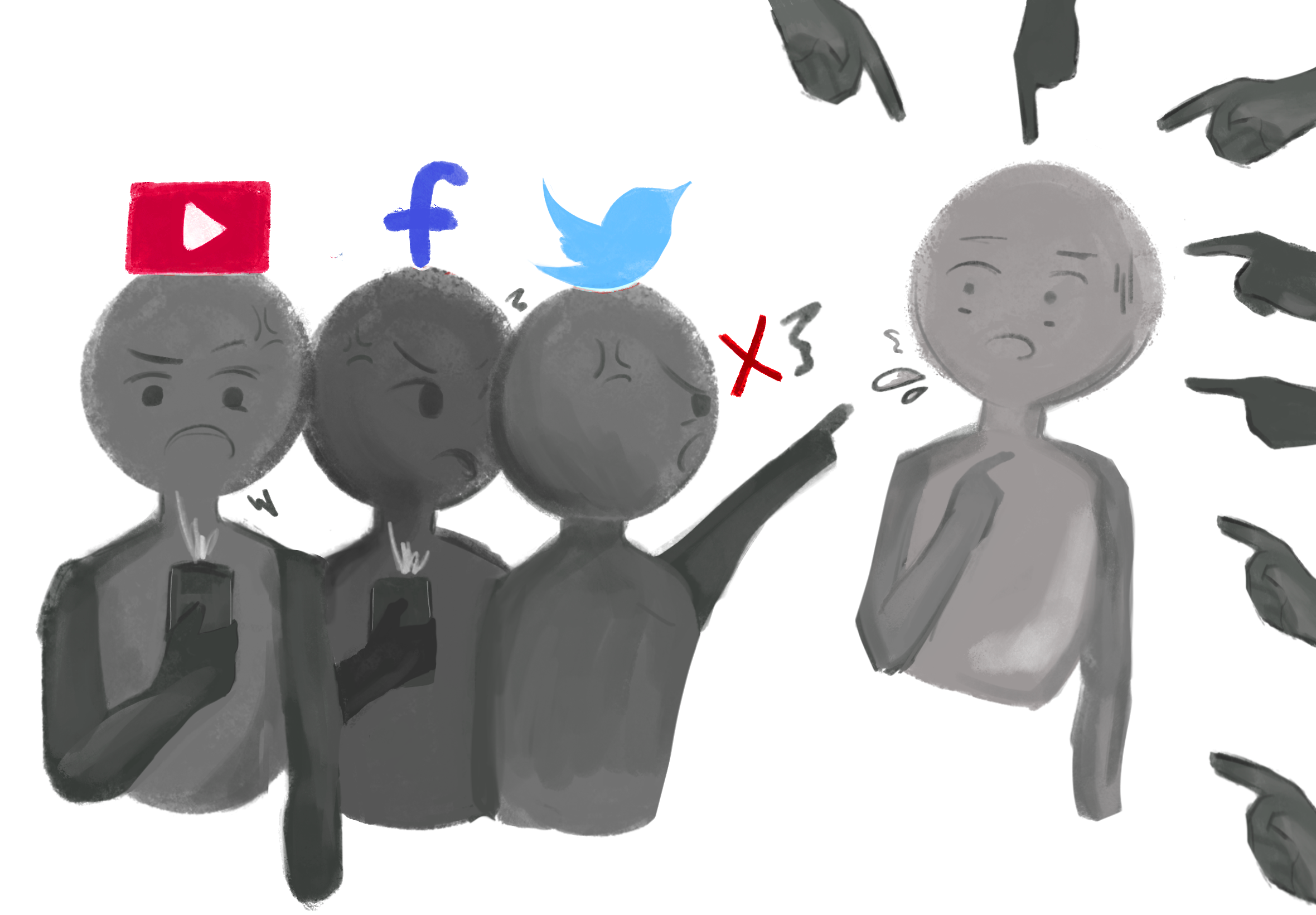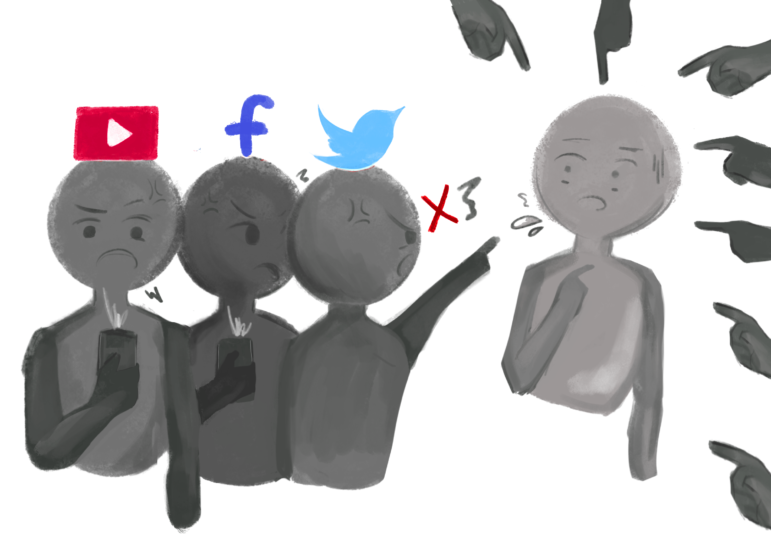

Cancel culture has become very common as celebrity after celebrity has recently been canceled on social media. Often, these celebrities are canceled for committing a social crime years ago or for accidentally saying something insensitive, sometimes without knowing the negative implications.
For example, comedian and actor Kevin Hart was canceled over his homophobic tweets over seven years prior. He stepped down from hosting the 2018 Oscars and apologized for his comments. However, even after several apologies, people continued to label him as a bad person. The continued criticism implies that he and other people who have made mistakes in the past cannot move forward or fix them by apologizing.
The continued criticism implies that he and other people who have made mistakes in the past cannot move forward or fix them by apologizing
While the drama surrounding Hart has died down by now, the example still applies. This unforgiving culture prevents people from growing and improving.
Of course, any sort of deliberate hate speech or insensitive language is rightfully frowned upon. The author of the Harry Potter series, J.K. Rowling, is infamous for tweeting about her transphobic views. For example, in June 2020, she responded to a post about an article regarding COVID-19’s relationship to menstrual health. This post used the term “people who menstruate,” since not all people who menstruate identify as women. Rowling ridiculed this tweet, saying, “‘People who menstruate.’ I’m sure there used to be a word for those people. Someone help me out. Wumben? Wimpund? Woomud?”
This tweet ridicules and discounts the existence of people who have menstrual periods but do not identify as women. Rowling disregards not only transgender people, but also cisgender women who have gone through menopause, the process of one’s period stopping at around age 50. Rowling’s ironic logic states that postmenopausal women are not actually women — something even she would find fallacious.
Moreover, Rowling has made similar transphobic tweets and has not apologized for her controversial opinions earnestly. These tweets include one defending a transphobic woman who was fired and another opposing a Scottish law cataloging rapists by the gender they identify as, no matter what their biological sex is.
If someone like Rowling hasn’t tried to fix their mistakes and continues to stand by their discriminatory beliefs, society should establish that they are a bad example by canceling them. Because Rowling was canceled, people are now more aware of how she depicts stereotypes through her books, tainting her once-celebrated prominence. People do not want to support an author who has bigoted views. Because of this, she is made an example of what not to do; people will see that society rejects Rowling’s views and avoid imitating her.
Unlike Rowling, Hart was canceled for something he had already apologized for. After seven years, a person’s opinions are bound to change, along with societal expectations. Years ago, society saw homophobia as more acceptable than it is today, which is why Hart was only recently called out about his comments. His repeated apologies about his tweets only further demonstrate how he wants to fix his mistakes and improve himself. If people don’t give him the chance to learn from his mistakes, he and others like him won’t be able to learn at all.
People should be given space to grow and learn
Everyday internet users are routinely canceled as well, and they don’t always deserve it. Alternatively, they may not fully understand the offensiveness behind the jokes. If someone makes an offensive joke, they should be corrected with the intent of learning from their mistakes, not canceled without hope for improvement. People should be given space to grow and learn.
People need to be more cautious with cancel culture because it can inhibit personal growth. If people want society to constantly improve, they need to give people the chance to fix their mistakes. In some cases, canceling someone is valid and can allow society to prevent prejudice from spreading. However, canceling must be used more sparingly as it should be a tool to better society instead of a way to denounce someone without giving room for improvement.





